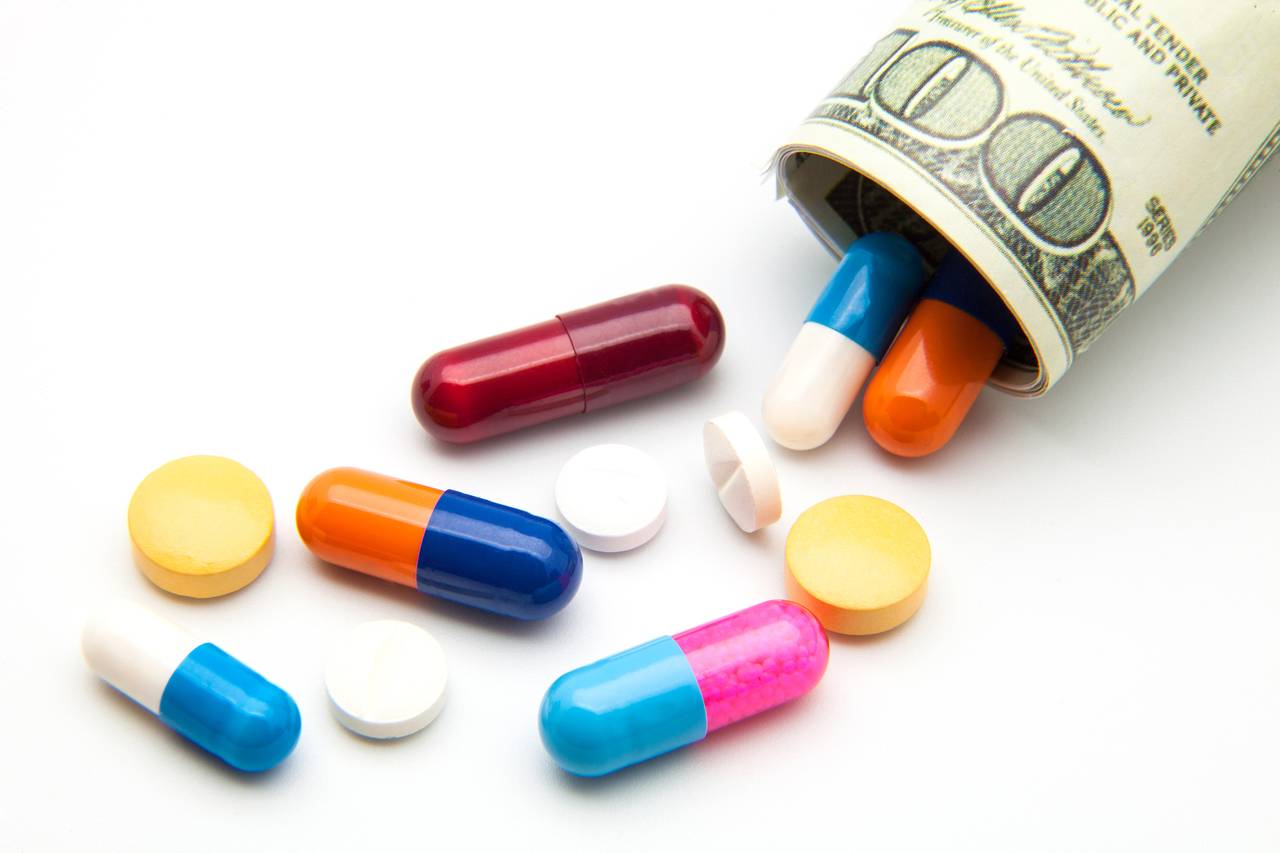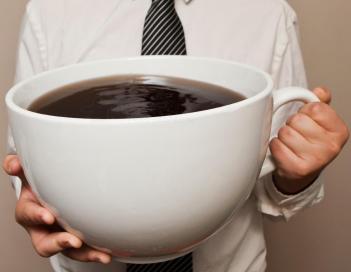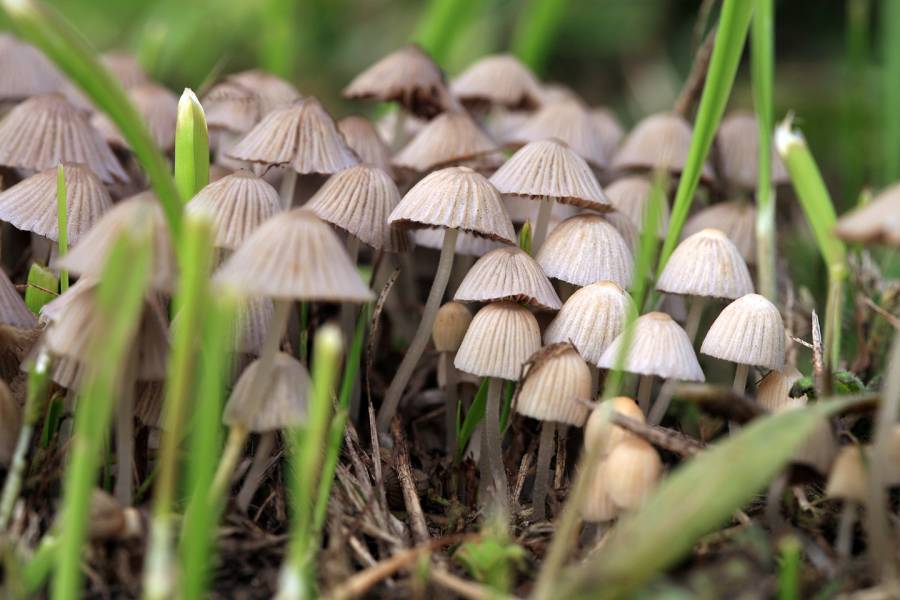
Gary Laderman
Americans love their drugs. They can’t live without them and can be inspired to live by them, even with the potential side effects that in some cases of drug use, can lead to death. So let’s be careful, cautious, and conscientious with our drugs, and let’s be honest and just say yes, not just to expose the hypocrisy surrounding drugs in our society, and not just to address the social injustices permitted by current policies and attitudes, but also to admit the deeply religious dimensions of our reliance on drugs.
Karl Marx once said something about religion being the opium of the masses. Perhaps a more appropriate rephrasing of this evergreen sentiment is that drugs are the religion of the masses, at least right here in the USA.
Most of you know the slogan, “Just Say No,” took off in the 1980s after Nancy Reagan, wife of Republican President Ronald Reagan, presented it as strategy especially for innocent children in the overhyped, unjust war on drugs initiated by an earlier Republican President, Richard Nixon. It was a simplistic, but catchy and easily branded mantra in the face of rampant fears about reefer madness, gateway drugs, psychotic breaks, and dangerous hedonism plaguing the morally pure American social body. It also glossed over the brutal and consequential racism driving most of those fears.
It would not be unfair to say the strategy has been a dismal failure. Why? Because Americans love their drugs, and whether they are legal, like alcohol, tobacco, pharmaceuticals, or illegal and on the DEA’s list of Controlled Substances, like coke, smack, or pot, drugs are everywhere. Americans use drugs everyday—some are abused, some drive addictions, many are integrated seamlessly into everyday life, and for some, drugs are even sacred.
Think for a minute about the word “drug” and its everyday usage. For some, the word will immediately conjure up images of needles and criminals, dime bags and stoners, addiction and overdoses. For others, it has a lighter connotation, referring to the corner drug store and pills in a container from the pharmacy. And still others might stretch the concept to other kinds of experiences, where “love is the drug,” or shopping a form of addiction.
On the other hand, it is also an appropriate word for other ubiquitous substances that are not often thought of in quite the same way as those above, like alcohol, or chocolate, or the most popular psychoactive drug in the world, coffee.

Drugs for sure, in the sense that they are substances with chemical compounds that when ingested can impact biological processes, sensory experiences, and questions about the meaning of health that go far beyond purely physiological phenomena in the individual body.
Who cares about all these drugs? Healthcare industries and the entire medico-industrial complex reap huge profits from every angle in our drug-saturated culture; law enforcement and the legal system closely monitor certain drugs and have tremendous consequences in the lives of users; economic analysts and financial gurus look to predict and profit from patterns of drug-based consumer behavior, and need. The list of those with a keen interest in Americans and their drug habits is long and varied, and only reinforces the sense that drugs are indeed everywhere in society, and their value in our lives, inestimable.
Why would someone who studies religion care about all these drugs? Surely the topic concerns lawyers and cops, medical doctors and psychologists, economists and politicians. But religion nerds? Preposterous, you might think. There is nothing religious about the rampant reliance on drugs we see in America today, right?
The multiple connections between drugs and religion are obvious, and not so obvious, but taken all together give a glimpse of a very different kind of spiritual landscape for many Americans than what is found on surveys, in history books, and throughout the media. Alcohol in a variety of traditional religious settings is one obvious and familiar example for many; some have heard of the use of tobacco in certain Native American religious ceremonies as well. But these are only the proverbial tip of the iceberg.
Long-standing interest in and usage of psychedelics for spiritual insights and illuminations, from LSD to ayahuasca to psilocybin to other similar drugs that affect not only brain chemistry but also, potentially, cosmic outlook has been around for a long, long time in the Americas, though the appearance of LSD in the 1960s brought this interest to a whole other level. Michael Pollan’s recent bestseller, How To Change Your Mind, covers the contemporary, and powerfully persuasive renaissance in medical research on psychedelics that inevitably bumps, if not spills over, into the sacred and, dare I say it, varieties of religious experience.

The burgeoning cannabis culture that is slowly (too slowly for some) becoming legal across the nation can not be so limited by the two conversational options when discussing weed: recreational and medicinal. Religious sentiments and sensibilities are at work too, though not always so readily apparent, in this drug’s growing popularity among young and old alike. The ongoing legalization of cannabis, and the appearance on the scene of cannabis churches, brings a more conventional religious framework—the church—to the work and power of getting high, for many.
The less obvious connections are just as fascinating in the new religious world of twenty-first century America, though certainly understudied at this point. What is sacred about the more mundane, engrained, accepted and acceptable drugs in the fabric of society, like coffee or prescription drugs? Here, religion is more subtle, more immediate in its power over lives as sources of ritual order, identity maintenance, value priority, and the possibility of transcendence if not salvation in the day to day drudgery and struggles of embodiment. On the other hand, and just as religiously fraught, is the cultural work in battling addiction, which is tightly intertwined with religious language and sensibilities around morality, individual identity, and self-transformation.
Drugs are dangerous and deadly, like religion more generally. They are also here to stay, if not grow in variety and influence, an integral part of social and cultural life, like religion as well, with multiple meanings, associations, usages, and impacts. Not all drugs are medicine, but many can be medicinal in ways that can heal more than bodily ailments. And sometimes recreational use may cover for more profound, existential pursuits that are unspoken but lived out through getting high. Drugs across the spectrum can be religious, in ways that blur the boundaries between health and spirituality, sacred and profane, and consciousness and corporeality. Anyone interested in the new frontiers of American religion should pay attention to how Americans love to say yes to their drugs.
Gary Laderman teaches at Emory.
